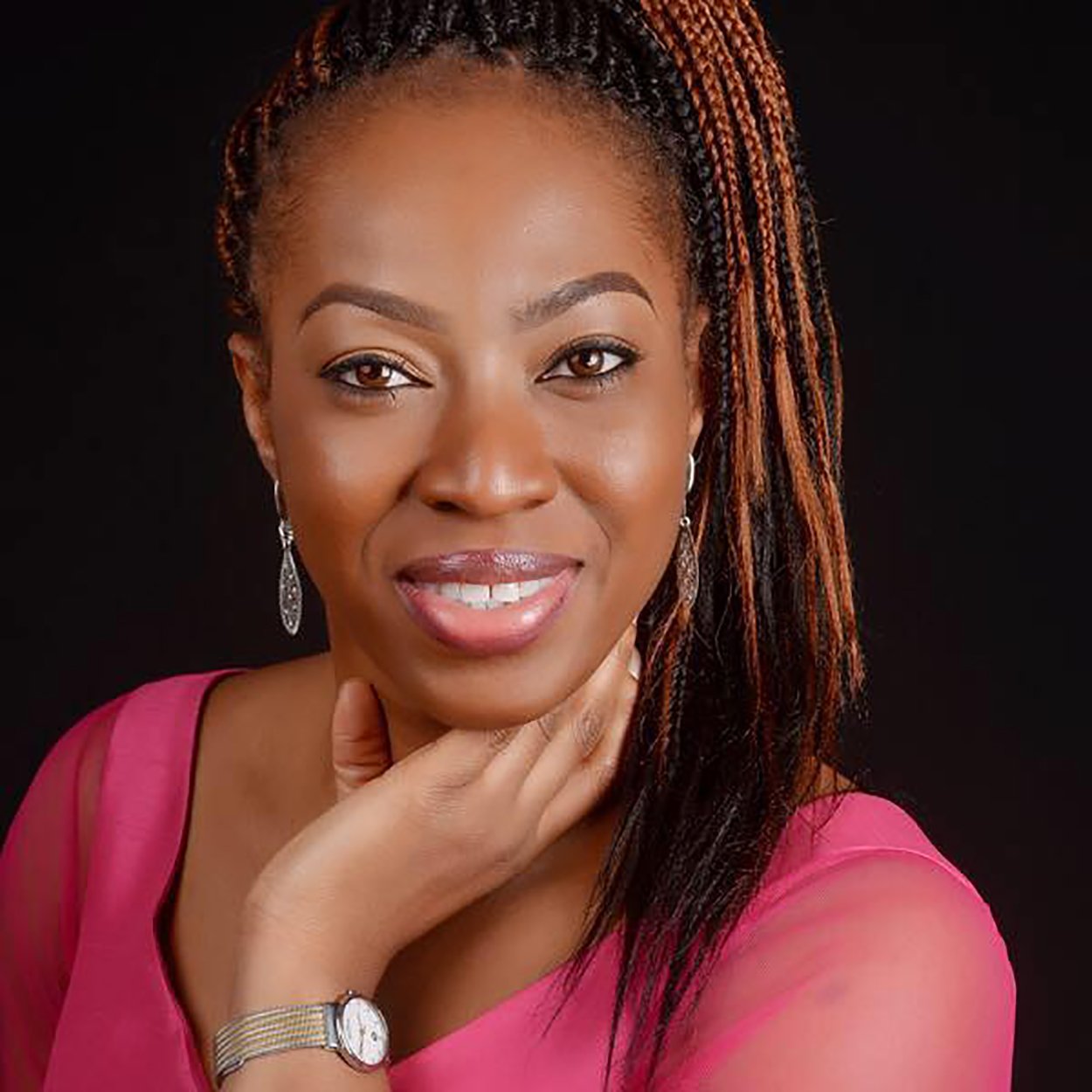ST. PAUL, Minn. (CNS) — Born in southeastern Nigeria, Obianuju Ekeocha said she was raised in a community where people are pro-life without even knowing that wording.
“Where I came from, abortion was unthinkable,” she said. It was regarded as a complete break from nature, completely against the culture and against her faith.
So Ekeocha was shocked when she moved to the United Kingdom in 2006 and learned abortion was legal. At the time, she didn’t realize that abortion was legal anywhere.
Ekeocha was a featured speaker whose remarks were livestreamed from Great Britain for “Catholics at the Capitol” Day April 15, sponsored by the Minnesota Catholic Conference and based at the Cathedral of St. Paul in St. Paul.
Ekeocha founded and is president of Culture of Life Africa, an organization that promotes an authentic culture of life in Africa and beyond. She also is an internationally acclaimed strategist, speaker, author, social activist and documentary filmmaker.
During her remarks, she described how her life changed one night when, heading home after a 12-hour shift at the hospital where she worked in biomedical science, she expected to be too tired to say her daily rosary. But when she arrived, she changed her mind, thinking she might fall asleep while doing so.
Instead, while praying the rosary, she felt inexplicably energized and inspired by the Holy Spirit. She turned on the television and saw Melinda Gates being interviewed.
Melinda and her husband, Microsoft co-founder Bill Gates, had funded construction of many schools in Africa, but this interview focused on a new project — to provide contraceptives to 200 million women of childbearing age in the 69 poorest countries of the world, which included all of Africa and other parts of the developing world.
Ekeocha said it filled her with righteous indignation. She said the plan was simply wrong and she thought the money could be used for education, including scholarships for young women across the developing world — or used in health care.
Learning about Gates’ decision made her restless, Ekeocha said, and that feeling could only have come from God, divine inspiration, Mary and from praying her rosary that evening. Overnight, she typed a 2,000-word essay about it on her phone and sent it to an EWTN show host who read it on the air. Her essay went viral and “God took it from there and took care of everything,” she said.
“From that one letter, from that one decision to say the rosary and trust in God,” her essay was read by millions of people, Ekeocha said.
About six months later — buoyed by spiritual direction and help from priests, sisters and bishops she knew, and many more people who were praying for her — Ekeocha founded Culture of Life Africa, which started as a blog, then an initiative and finally, a registered organization.
“It was then more possible for me to go into African countries,” she said.
She started traveling upon invitation to countries at risk of legalizing abortion and worked with lawmakers. She said her journey and mission is to go into countries, try to advise and help the people, to make their voices heard, to help them organize, because African countries are already pro-life.
“We already know that abortion is never the answer,” she said. “Euthanasia is never the answer. There is an obligation for us to build a culture of life.”
The battle against life is so overwhelming that people must do something, Ekeocha said. “There really is a need for you to rise and be part of the solution, be part of the answer,” she said.
“There is always a way, because God can and will always make a way,” Ekeocha said. She recalled St. John Paul II saying, “Do not be afraid.”
“There really is that role for all of us in the building of the culture of life,” she said.
While she works as a medical scientist, Ekeocha said that anyone can do their part in the pro-life movement and offer their own special gifts.
Someone trained in law might better understand parliamentary processes, for example, and a teacher would know how to better explain things, she said. “There’s all these things within our lives that you are doing,” she said. “And unbeknown to you, perhaps it even equips you more to be able to fight as an activist … for the culture of life.
“I think … everybody has that special thing that God has given us,” she said, “and it’s just for us to build it all up, and we can all work for the same mission, which is to serve the Gospel of life.”







